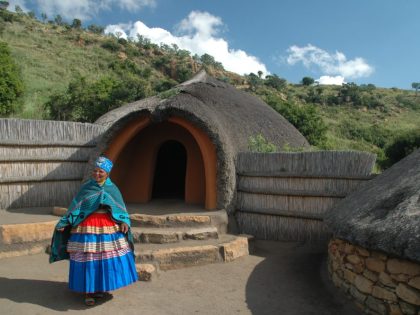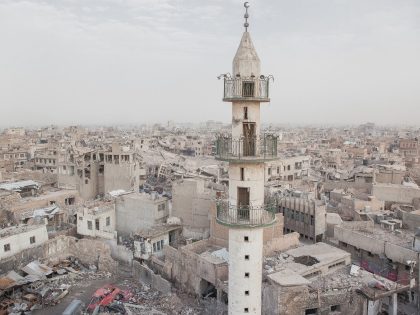
Remember AFCON?
Behind the refereeing drama and rising revenues, AFCON 2025 exposed a tournament increasingly shaped by global capital rather than the long-term health of African football.

Behind the refereeing drama and rising revenues, AFCON 2025 exposed a tournament increasingly shaped by global capital rather than the long-term health of African football.

Honored in Yorubaland as “one who repairs the world,” Jesse Jackson’s life bridged civil rights, pan-Africanism, empire, and contradiction—leaving behind a legacy as expansive as it was imperfect.

What happens when we stop reading African fiction through European literary history and instead trace its worldmaking through indigenous cosmology?

By placing Kwame Nkrumah at the center of a global Black political network, Howard W. French reveals how the promise of pan-African emancipation was narrowed—and what its failure still costs Africa and the diaspora.

iShowSpeed’s Africa tour is widely celebrated as respectful and refreshing, yet it operates within a long tradition of racialized spectacle that turns Africa into content and Blackness into performance.

Can a festival meaningfully applaud African creativity while its sponsor profits from African death?

From colonial accounting tricks to modern tax havens, Nkrumah understood how capital escapes, and why political independence was never enough.

From air travel costs and border regimes to television culture and class exclusion, the problem of attendance at AFCON is structural, not because fans lack passion.

Entre le coût du transport aérien, les régimes de visas, la culture télévisuelle et l’exclusion de classe, le problème de l’affluence à la CAN est structurel — et non le signe d’un manque de passion des supporters.

From national redemption and continental dominance to personal legacy and political ambition, the 2025 Africa Cup of Nations final means everything to Africans.

What the presence of an unlikely trio of football icons at AFCON tells us about migration, African identity, and the histories that continue to shape the modern game

What it sounds like on the ground in Morocco at the 2025 edition of Africa Cup of Nations.

This year, instead of taking a publishing break, we will be covering the African Cup of Nations. To transition, we consider why football still matters in an era of enclosure, mediated presence, and thinning publics.

What began as a revenue lifeline for small island states has become a global market where the wealthy buy mobility and sovereignty itself becomes a commodity.

The economic emancipation of the American working class cannot come at the expense of the global working class.

The post-colonial settlement has left Africa vulnerable to conflict, external pressure, and intellectual dependency. What comes next?

Across the continent’s new coup belt, young officers are stepping into power, casting themselves as guardians against corrupt civilian elites.

While the world debates restitution, Africa’s own heritage institutions are collapsing. The question is no longer who took our past, but who is keeping it alive.

From Iraq to Gaza, empire no longer needs to annihilate populations when it can dismantle the very structures that make collective life possible.

From indirect rule to Operation Dudula, the lines dividing citizen from stranger trace back to the way empire organized identity and labor.